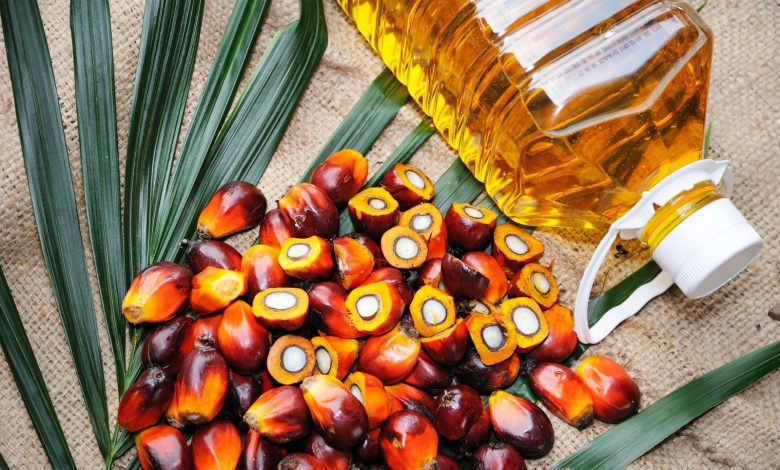
Prof. Kehinde Owolarafe of the Department of Agriculture and Environmental Engineering at Obafemi Awolowo University (OAU), Ile-Ife, revealed on Tuesday that Nigeria suffers a staggering annual loss of N94 billion due to palm oil importation.
Speaking at a one-day sensitization workshop organized by the Standards Organisation of Nigeria (SON) in Osogbo, Prof. Owolarafe emphasized the need to promote the palm oil value chain through standardization.
According to Prof. Owolarafe, Nigeria was once the leading producer and exporter of palm oil globally between 1920 and 1960. However, he lamented that Indonesia and Malaysia have now surpassed Nigeria in palm oil production, with Nigeria currently importing about one million metric tonnes of palm oil annually to meet local demand.
While acknowledging a recent increase in domestic palm oil production, Prof. Owolarafe stressed that Nigeria still struggles to reach two million tonnes, while Indonesia and Malaysia produce tens of millions of tonnes.
The professor outlined various factors contributing to Nigeria’s low palm oil production, including aging oil palm plantations, lack of appropriate processing technologies, and unfavorable government policies.
He emphasized the urgent need to enhance both the quality and quantity of palm oil production to meet international standards and facilitate exports. Prof. Owolarafe also cautioned against palm oil adulteration, highlighting the health risks associated with such practices.
In his remarks, Dr. Ifeanyi Okeke, the Director-General of SON, stated that the objective of the workshop was to raise awareness among stakeholders, including producers, distributors, marketers, retailers, and users, about the importance of adhering to industrial standards.
Representing the Director-General, Mrs. Ethan Talatu, Southwest Director of SON, reiterated the significance of maintaining quality standards throughout the palm oil production process. She emphasized that adherence to standards would lead to increased income for all stakeholders along the value chain.
Dr. Okeke further highlighted the potential of the palm oil industry to create employment opportunities for millions of unskilled and semi-skilled individuals, noting its potential to alleviate poverty in Nigeria. He underscored the importance of focusing on large-scale commercial production to harness the industry’s economic benefits effectively.
